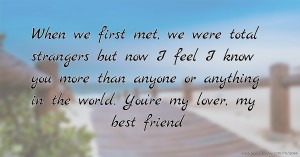
I'm interested in this comment, because it implies that an 'educated person' (whatever that means) will sometimes say 'I wish I was', and sometimes 'I wish I were'.įor instance, if he were writing a private email, he might say ' I wish I was' whereas if he were writing a dissertation, he would say 'I wish I were'. Educated speakers know when to use ' was' and when to use ' were'. They've learned numerous bad language habits precisely because of this terrible system known as grammar translation. This sounds just as bad as using casual language in a formal setting. My students often choose words inappropriate for the register.

Relying on one form only can make your language sound very stilted. There is much of language that is reserved for formal and much that is reserved for casual. IMHO the collocations, " I wish I were/was" would be as rare as hen's teeth in formal documents. There is far too much emphasis put on the formal aspects of language and this is actually very sad because this doesn't adequately prepare students for real life. Studies have shown that most students want to use English for the more casual things watching a movie, listening to music, talking in English. Language is much more than formal documents.

A student who doesn't realize how and when to use different collocations really hasn't learned the language. The rule actually changed hundreds of years ago and yet these prescriptive grammars kept on mis analyzing this for centuries.Ī student who isn't made aware of these differences really hasn't learned the language. It was just one more rule that was wrong from the outset. Their analysis was wrong and the proof they offered was wrong. The older prescriptive grammars were simply wrong.


 0 kommentar(er)
0 kommentar(er)
